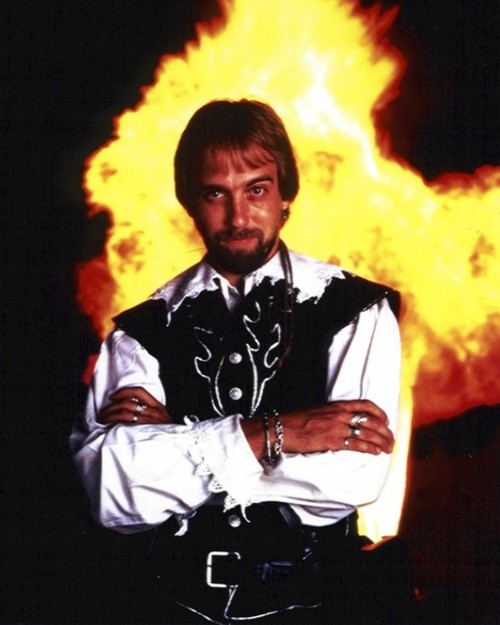Heropath is a Heroic Strategy-Adventure game, an obscure sub-genre of Video Games. The Strategy-Adventure genre is unique, innovative, and contains some lost design and game mechanics that I think are wonderful and worth mimicking.
Strategy is one of the most popular video game genres and entails thinking, planning, and executing with your available in-game resources. Adventure is a genre that rarely stands on its own and usually is blended into Action and Role-Playing games via in-game world exploration. Being a Strategy-Adventure game, Heropath would contain both strategic planning meshed with in-game world exploration.
I would like to expand the definition of Adventure to be more than visiting different places in-game. In addition to different places, I’d like to also explore different game mechanics in-game. I loved staged poly-mechanic games like Beach Head , Beach Head II , Raid Over Moscow, and Spore that linked diverse mini-games through in-game narrative. While nobody called such games Adventure games, I think exploration can be expanded to include a series of narrative-linked game mechanics. Heropath will contain both exploration of in-game worlds and poly-mechanic stages.
So I’ve defined Strategy-Adventure but what do these two mean when you combine them with ‘Heroic’? To be a heroic game, the game must be played through an in-game avatar. Heropath will be a Strategy-Adventure game played from the perspective of your in-game avatar, thus adopting the Heroic Strategy-Adventure definition.
The game that best represents Heroic Strategy-Adventure is Cryo’s Dune. That game’s perspective was focused through your role as Paul Atriedes but game mechanic expansion such as troop command and terraforming were only accessed as Paul discovered them in-game. Dune was one of best narratively designed video games ever and I aim to have Heropath duplicate its inspired design.

